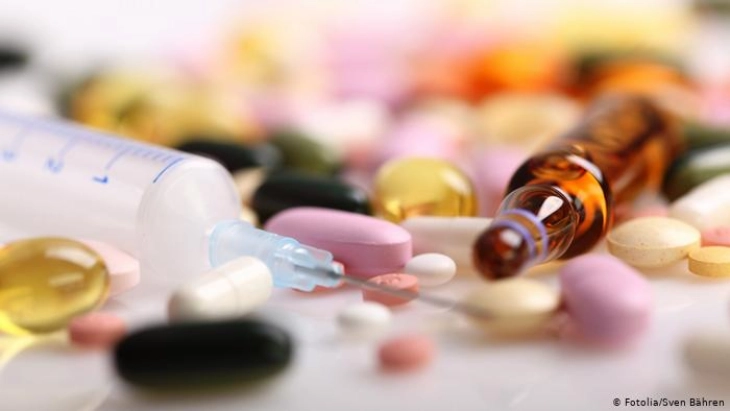International wastewater analysis reveals 18 new psychoactive drugs
- A three-year international wastewater surveillance programme has detected more than a dozen new psychoactive drugs across 16 countries.

Sydney, 30 April 2023 (dpa/MIA) - A three-year international wastewater surveillance programme has detected more than a dozen new psychoactive drugs across 16 countries.
Samples taken from 47 cities in 16 countries including Spain, the United States and Australia revealed 18 new psychoactive substances, according to research published in the journal Water Research X.
Richard Bade from the University of Queensland, who led the research, said that the new psychoactive substances are drugs designed to mimic the effects of established illegal drugs.
"These substances are synthesized to replace banned substances, which means they have a slightly different molecular structure to stay ahead of the law," Dr Bade said.
"They are generally manufactured in smaller quantities than traditional illicit drugs, making it difficult for law enforcement to control the circulation."
Dr Bade said that researchers found seven new substances in Australia alone "which all have a similar effect to MDMA or cocaine."
"We also found an increase in similar drugs in Europe, where there were high levels of 3-methylmethcathinone, particularly in Spain and Slovenia," he said.
The samples were collected over three consecutive new year periods between 2019 and 2022. Dr Bade said that the results reflected a drop in the use of psychoactive substances in the 2020 new year period due to the Covid-19 pandemic.
Dr Bade also called for a global campaign to fight the use of psychoactive substances.
"It is imperative to monitor the use of these drugs given our limited knowledge of their specific effects, how they interact with other drugs, and the harm they cause when consumed," he said.
"Adopting an annual wastewater analysis approach for the surveillance of these compounds is a cost effective and ethical way for organisations to see what is trending and where educational messaging would make an impact."







